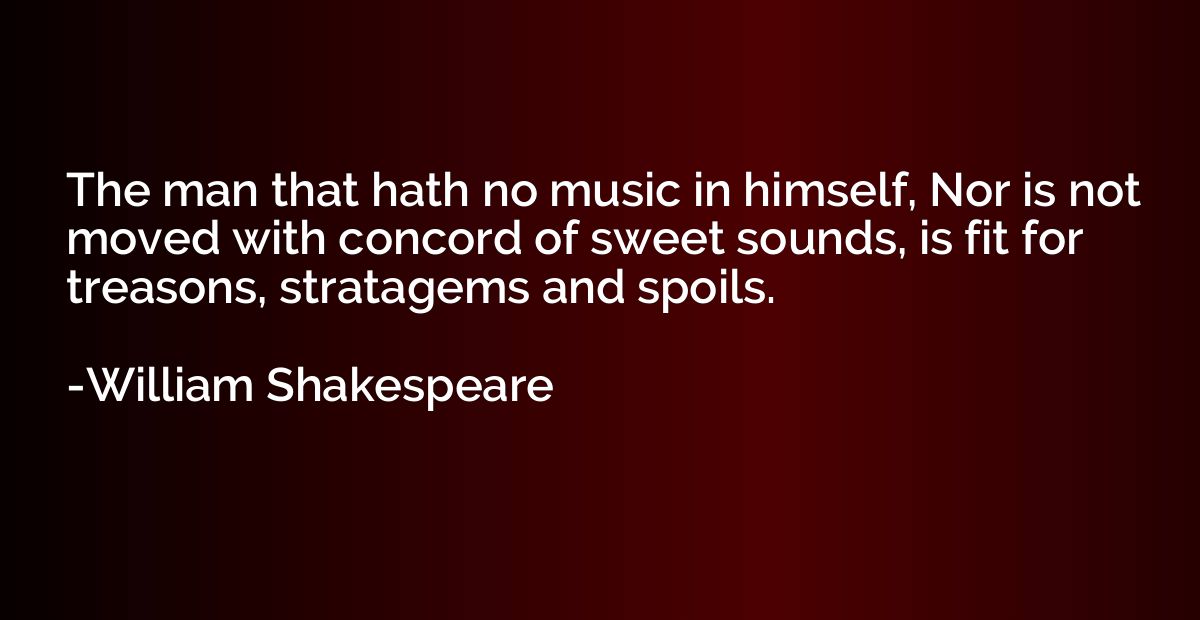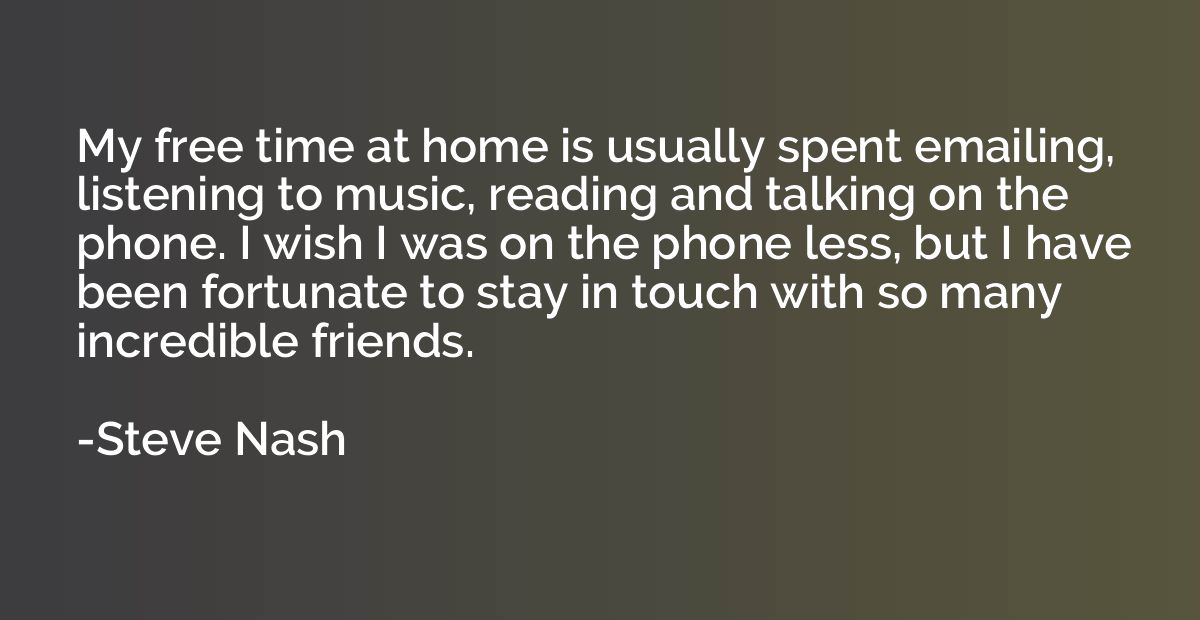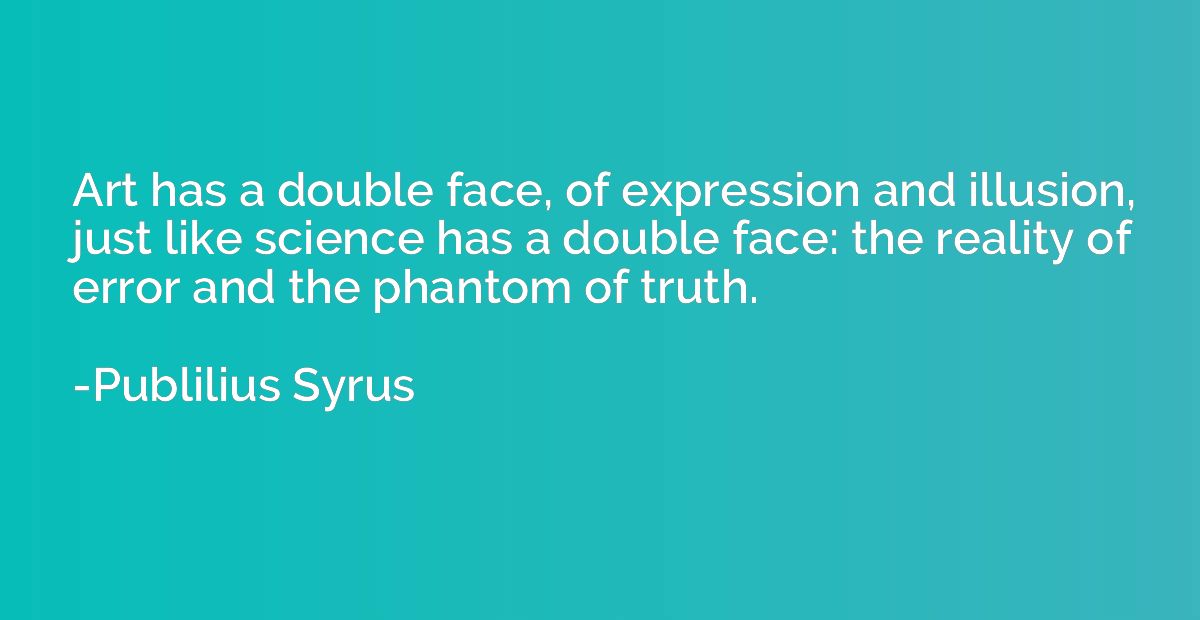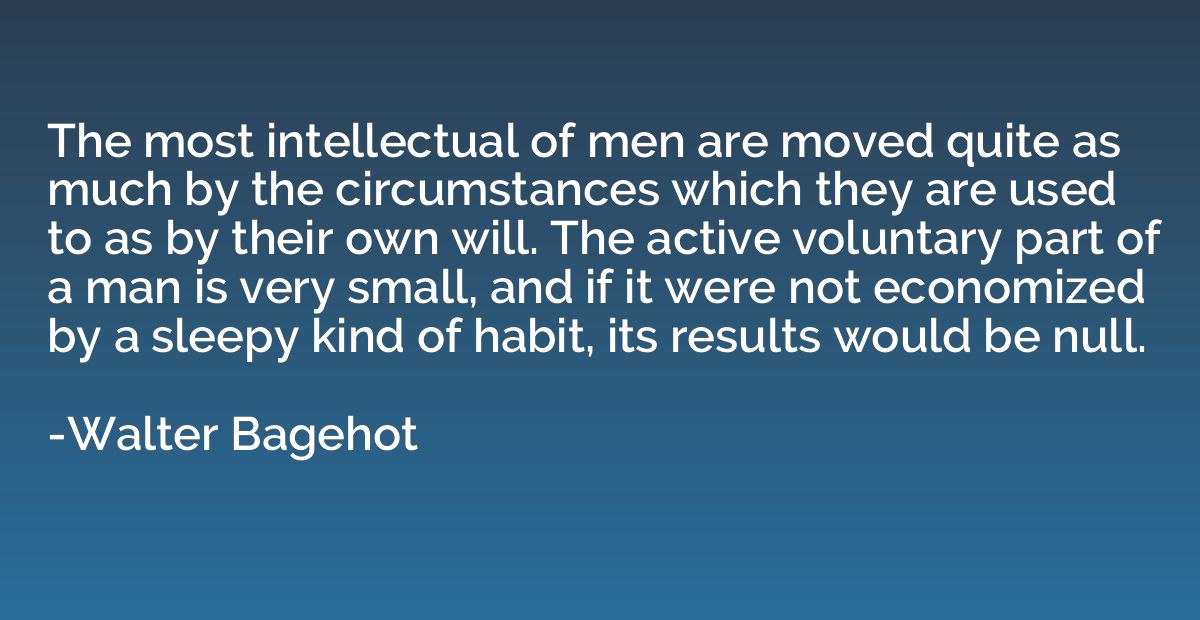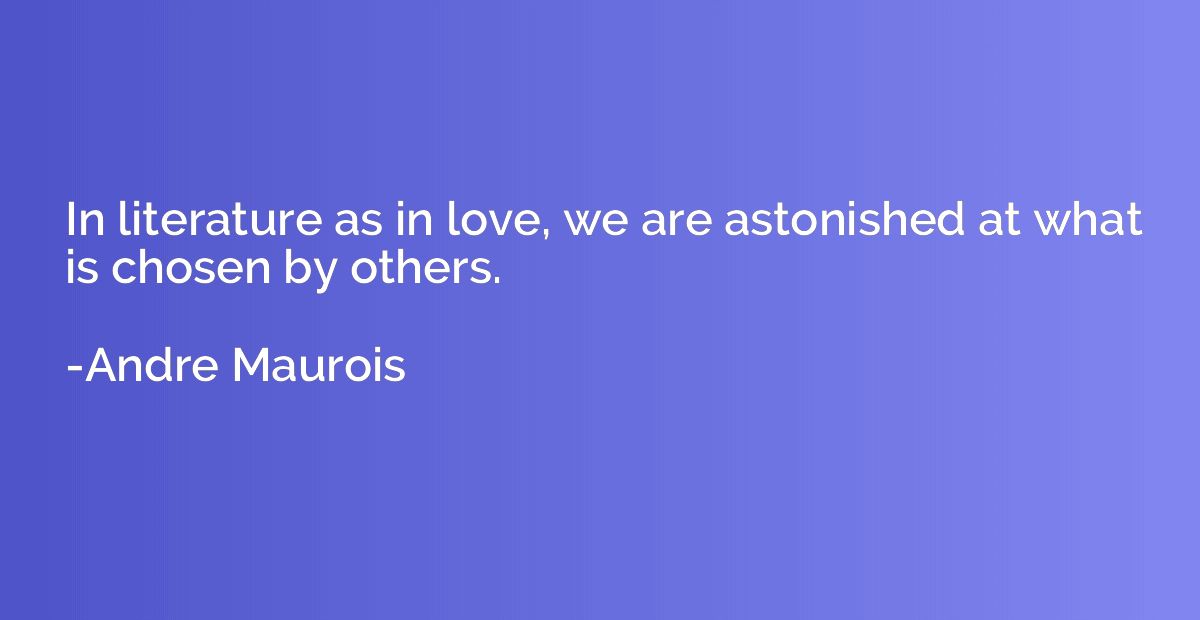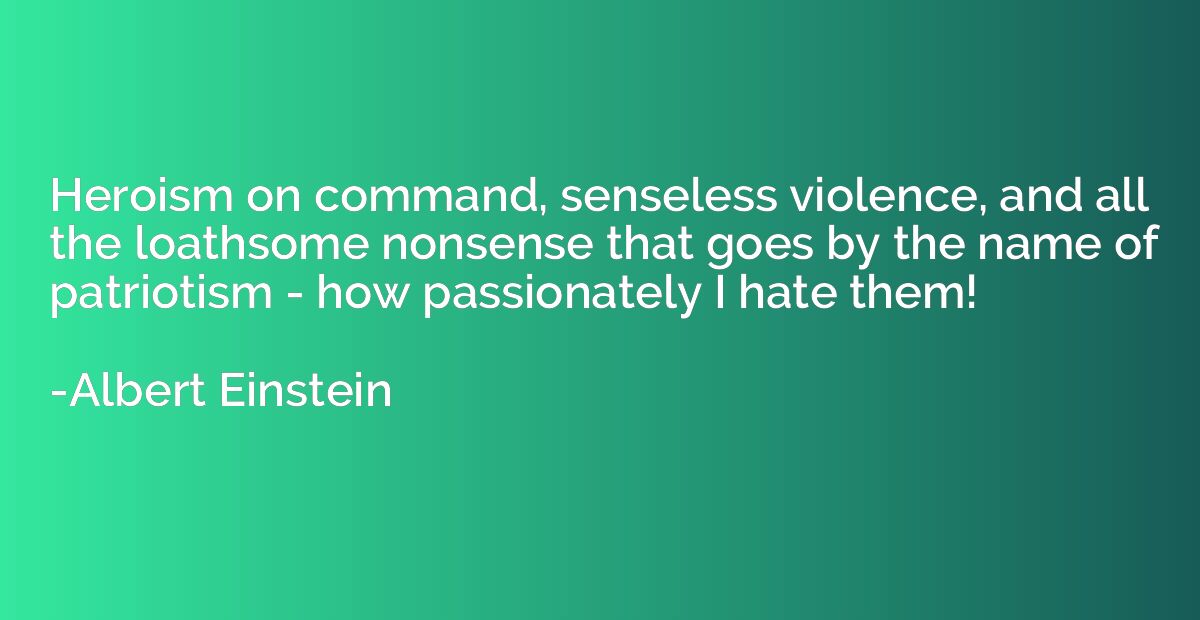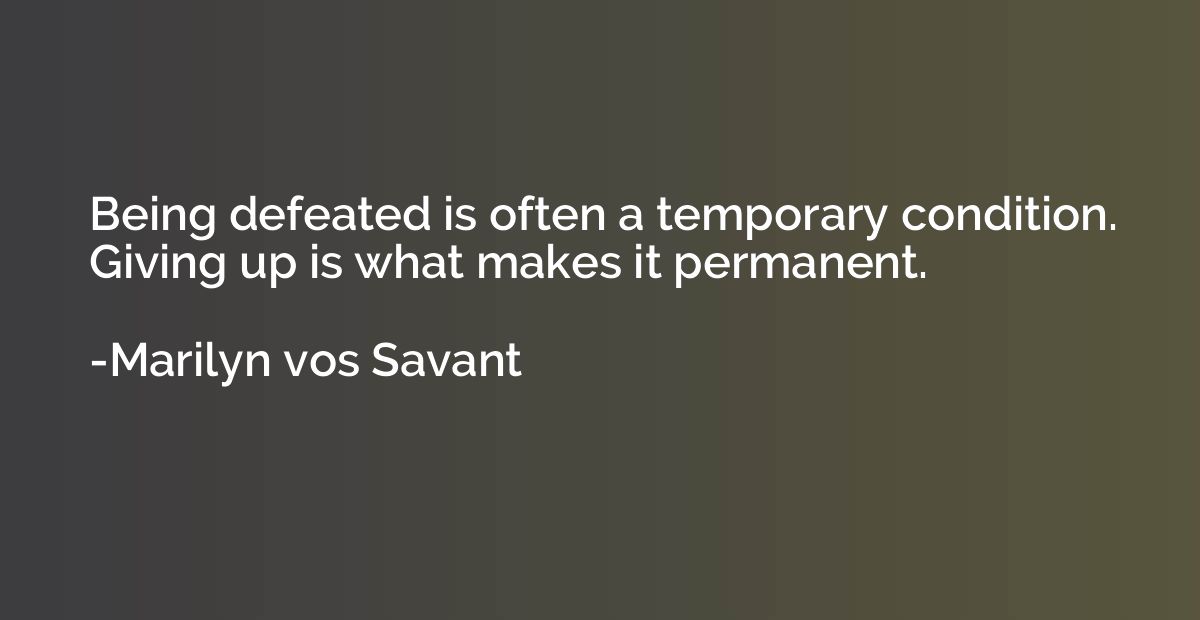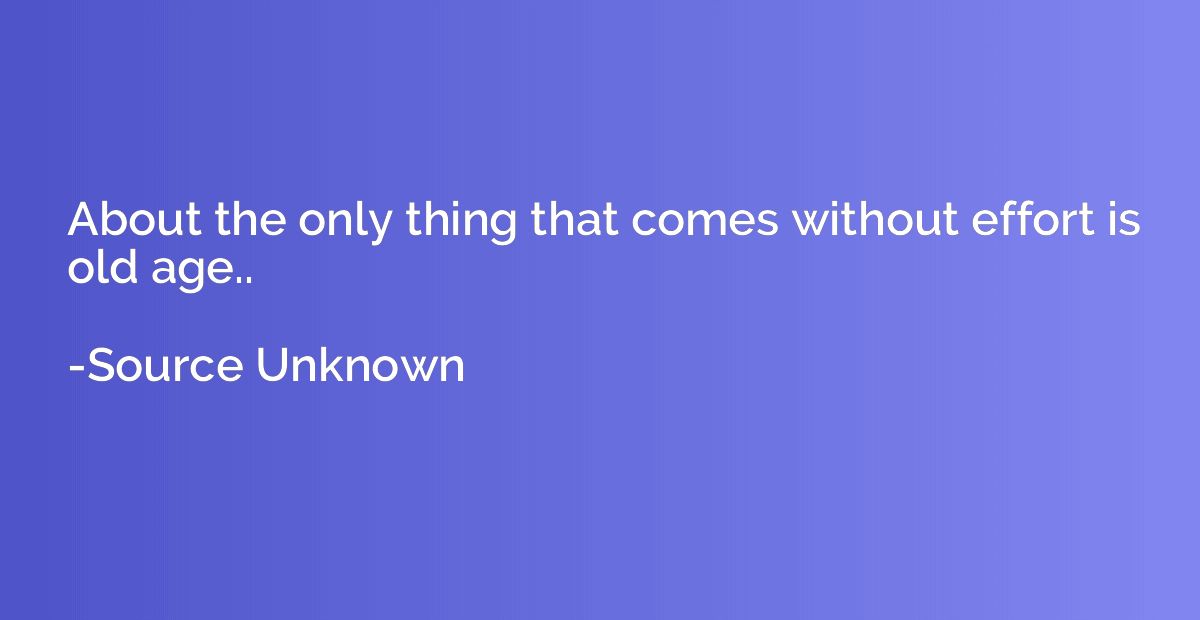Quote by John Tillotson
Men expect that religion should cost them no pains, that happiness should drop into their laps without any design and endeavor on their part, and that, after they have done what they please while they live, God should snatch them up to heaven when they die. But though the commandments of God be not grievous, yet it is fit to let men know that they are not thus easy.
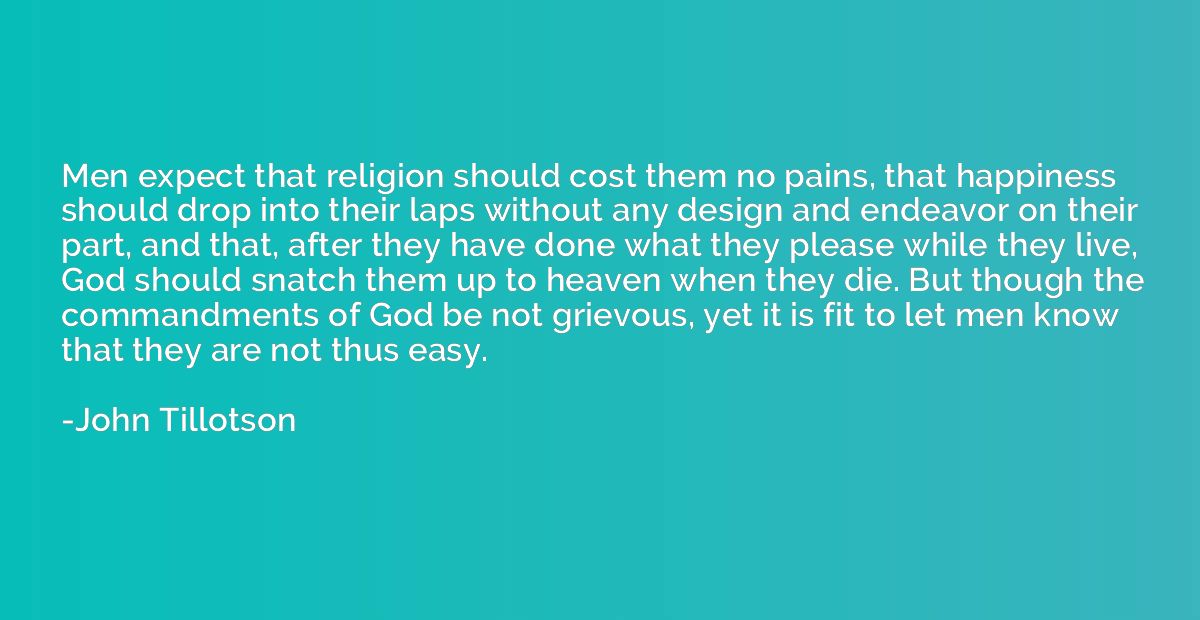
Summary
This quote emphasizes the mistaken belief that many men hold regarding religion and happiness. It suggests that men often expect religion to require minimal effort or sacrifice on their part while also guaranteeing happiness and divine reward. However, the quote suggests that this expectation is flawed, and it is important to recognize that following God's commandments may not be as effortless as assumed. While the quote acknowledges that God's commandments are not burdensome, it also highlights the need for individuals to understand that religious commitment and attaining happiness require deliberate pursuit and dedication.



